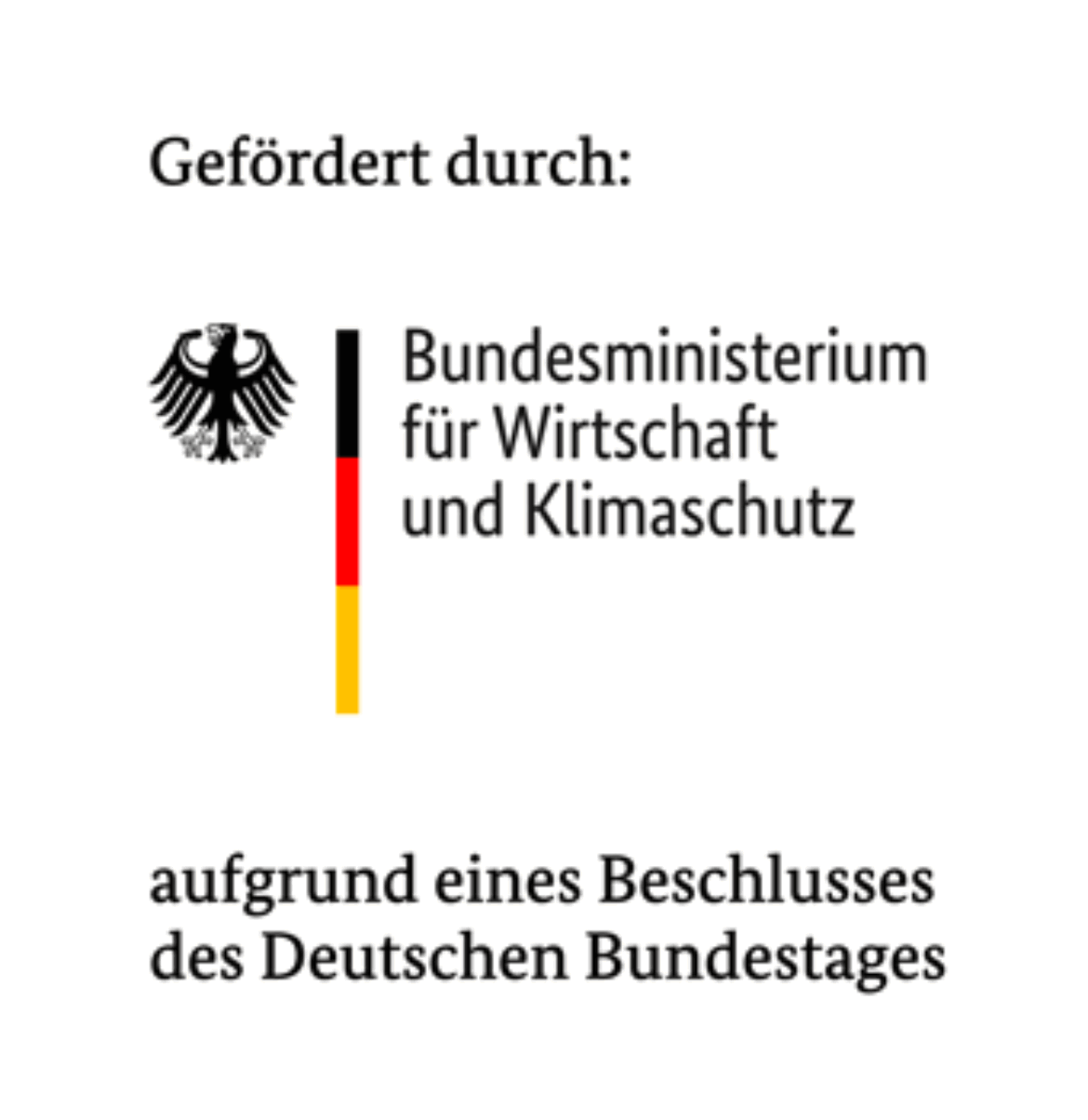A key objective of ARTESIS is to systematically assess the robustness and adaptivity of energy system transformation pathways by comprehensively considering long-term, systemic uncertainties. In doing so, methods are developed to make long-term cost-optimal decisions for a secure, climate-friendly and cost-effective energy supply while minimizing risks along the way.
This will be done through three main elements:
- a derivation of consistent context scenarios taking into account trend changes and disruptions,
- an extensive methodological enhancement of the energy system modeling framework REMix to improve the representation of short- and long-term uncertainties and remaining options for path changes, and
- the further development of decomposition methods to ensure the solvability of the modeled transformation paths.
Within the project, the creation of context scenarios is dynamized with the established social science method of cross-impact balance analysis (CIB) and thereby extended by the possibility of reflecting trend changes and disruptive events. Plausibilities of different energy system transformation paths derived from this are then integrated into REMix to derive robust and adaptive transformation paths based on different optimization methods. This is made possible by the extended mathematical procedures for solving large stochastic optimization problems. The application of the extended toolset is done with a focus on uncertainties in the planning of long-term infrastructures and import potentials for green hydrogen in Europe. The involvement of a project advisory board and other scientists ensures the usability and relevance of the developed data and methods as well as the results.



